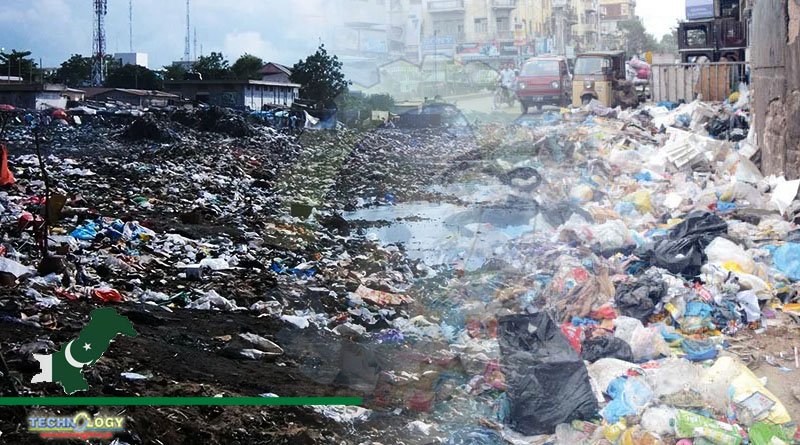The amount of waste sent to landfills is increasing in tandem with population growth, so it is important to reduce it by improving the recycling rate and converting it to energy.

Malaysia faces the threat of running out of space for the disposal of solid waste by 2050 as a result of its landfills being at capacity.
The authorities and operators in Malaysia are actively looking for solutions for a sustainable waste disposal system because the country sends an average of about 38,000 metric tonnes of solid waste to more than 100 landfills every day. 2,500 metric tonnes of solid waste are produced daily in Kuala Lumpur, the country’s capital, according to Azahari Zainal Abidin, chief operating officer of Alam Flora Sdn Bhd.
In just one week, this amount of waste could reach the height of the Petronas Twin Towers. Due to the capacity of its landfills, Malaysia faces the risk of running out of room for the disposal of solid waste by 2050. Because Malaysia sends an average of 38,000 metric tonnes of solid waste to more than 100 landfills every day, the country’s authorities and operators are actively looking for solutions for a sustainable waste disposal system.
According to Azahari Zainal Abidin, chief operating officer of Alam Flora Sdn Bhd, 2,500 metric tonnes of solid waste are generated every day in Kuala Lumpur, the nation’s capital. This waste could rise to the height of the Petronas Twin Towers in just one week.
The amount of waste sent to landfills is increasing in tandem with population growth, so it is important to reduce it by improving the recycling rate and converting it to energy. To address this, measures such as improving the country’s recycling rate, building waste-to-energy (WTE) plants, and launching a trash-to-cash drive should be taken.
Azahari warned that if we neglect this, we will no longer have a place to dispose of our garbage one day, and that once a landfill is full and closed, it needs about 20 years to recover and return to its former state.
Imagine if the 100 tonnes of garbage that Putrajaya produces on average each day could all be processed and delivered to the plant. That translates to zero waste from the government to landfills because everything is recycled, reused, or turned into energy.
Melaka, a state that generates about 1,200 metric tonnes of solid waste every day, is home to one of the WTE plants that would generate renewable energy and supply the locals with electricity.
Ismail Mokhtar, the chief executive officer of Solid Waste and Public Cleansing Corporation (SWCorp), recently stated that the construction of waste-to-energy plants in Rawang, Selangor, Batu Pahat, and Sungai Udang, Melaka, had received general support from the relevant state governments.
The construction of each plant would take about three years. We don’t want to wait until landfills are completely full before beginning projects like this while they are still in use.
“Where do we dispose of the trash in the interim? Waste-to-energy plants could effectively contribute to reducing the amount of waste sent to landfills and protecting the environment by addressing issues with water and air pollution thanks to modern engineering.”
Alam Flora also built an integrated recycling facility, which includes a biogas, electricity, and biofertilizer production facility powered by an anaerobic digester. “We are trying to implement this practise in Malaysia to incorporate recycling activities into our waste management,” Ismail said.
Azahari used FIKS’s monthly receipt of 300 metric tonnes of recyclable and reusable waste as an example of Alam Flora’s “trash to cash” philosophy. Based on a simple calculation of RM1 per kg, this means that RM300,000 is generated each month at the facility, either through buying back items from individuals or selling back byproducts like wood chips, papers, plastics, and compost to industries.
He claimed that Alam Flora also ran incinerators in the Cameron Highlands that burned 40 tonnes of waste per day and 20 metric tonnes per day in Pulau Pangkor, turning solid waste into inert ash.
Increasing public awareness is crucial to meeting the 40 percent recycling goal by 2025. Alam Flora has therefore been actively educating stakeholders, such as the community, corporate sector, and government agencies, about the enormous potentials of waste management, according to Azahari.
The majority of Malaysians, he claimed, are still ignorant of the high commodity value of the trash they produce. Due to the fact that recycling practises are still uncommon in Malaysia, it has been reported that the country loses an estimated RM476 million in recyclable resources annually in a sector that is thought to be of high value.